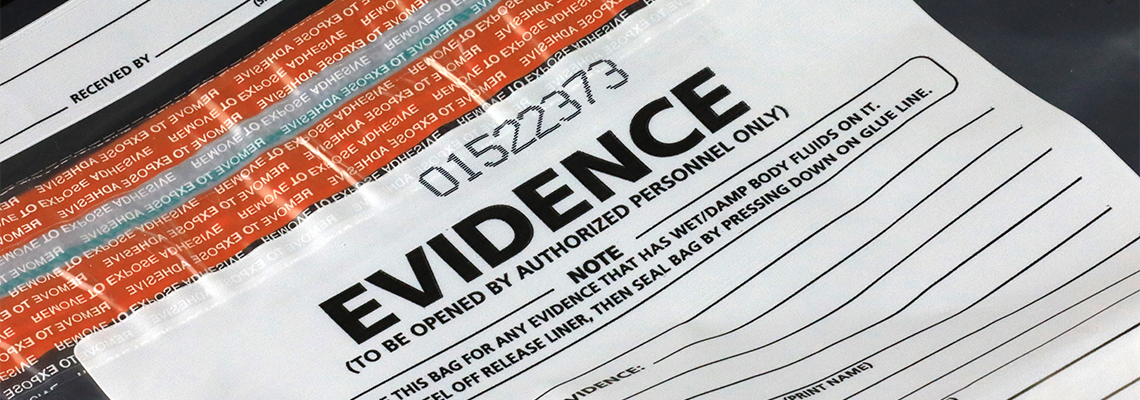
Understanding Evidence in a Criminal Trial
If you have been arrested and charged with a crime, the outcome of your criminal case depends on the strengths and admissibility of the evidence that proves your guilt. If your case is headed to trial, you need to understand the types of evidence the prosecution could use against you to secure a conviction.
You might want to contact our attorneys at Detroit Legal Group PLLC if you or your loved one is facing criminal charges in Detroit, Michigan, or the surrounding areas, including Warren, Dearborn, or Southfield. Our criminal defense attorneys will fight relentlessly to protect your rights and help you navigate every step of the criminal justice process. We can help you file motions to suppress evidence against you, poke holes in the prosecution’s case, and advise you on how to effectively mount a strong defense on your behalf.
What Is Evidence?
It’s estimated more than 150,000 people are arrested on suspicion of committing a crime in Michigan each year, according to statistics provided by the Michigan Incident Crime Reporting Unit.
In a criminal trial, evidence refers to any available body of facts or information used to prove or disprove specific facts about the defendant’s case. The evidence presented by the prosecution is supposed to convince the judge or jury that the defendant is guilty, while the evidence presented by the other side (the defense) is submitted at a trial to prove the opposite.
Evidence can take many forms, including:
Written testimony
Witness statements
Audio/video recordings
Photographs
Physical objects related to the alleged commission of the crime
Digital data from electronic devices (cell phones, computers, etc.)
Demonstrative evidence (charts, displays, illustrations, etc.)
For example, let’s review a typical driving under the influence (DUI) case. If the case goes to trial, the prosecution may present the following types of evidence: observations by the arresting officer, the results of the breath/blood/urine tests, the statements made by the defendant, and witness testimony.
Direct vs. Circumstantial Evidence
Evidence in a criminal trial can be either direct or circumstantial:
Direct evidence is used to establish a fact. For example, it could be a piece of physical evidence, such as the defendant’s fingerprint found at the crime scene.
Circumstantial evidence is merely evidence of facts from which the jury or judge can draw conclusions. For example, it could be a witness testifying that they saw a suspect fleeing the crime scene with a deadly weapon in their hand.
Both direct and circumstantial evidence could be sufficient to convict the defendant of the crime.
The Admissibility of the Evidence
When any evidence is presented by either side in a criminal trial, the court considers the admissibility of the evidence, which is based on the following criteria:
Relevance. The evidence must establish a logical connection to the fact(s) it is trying to prove/disprove.
Material. The evidence must establish a fact of the case to be considered “material.”
Competence. The evidence is considered “competent” if it complies with certain notions of reliability.
The admissibility of every piece of evidence is considered on a case-by-case basis. What may be admissible in one criminal case may not be admissible in another, even if it is the same type of evidence.
What Evidence May Not Be Admissible?
There are a few reasons why evidence may be dismissed from a criminal trial due to its inadmissibility. Evidence may not be admissible if any of the evidence is:
Not relevant
Not material
Not competent
Hearsay
Improperly obtained
If you are a defendant in a criminal case, you might want to consider contacting an attorney to help you navigate through the legal process and gather the evidence that best supports your case to achieve the most favorable outcome possible.
Understand Your Rights and Options
The consequences of a criminal conviction can be life-altering. For this reason, you should do whatever you can to fight back against the charges you face. Our attorneys at Detroit Legal Group PLLC can help you build a strong case for your defense to protect your rights and freedom. Reach out to our office to schedule a free consultation and discuss your rights and options.
